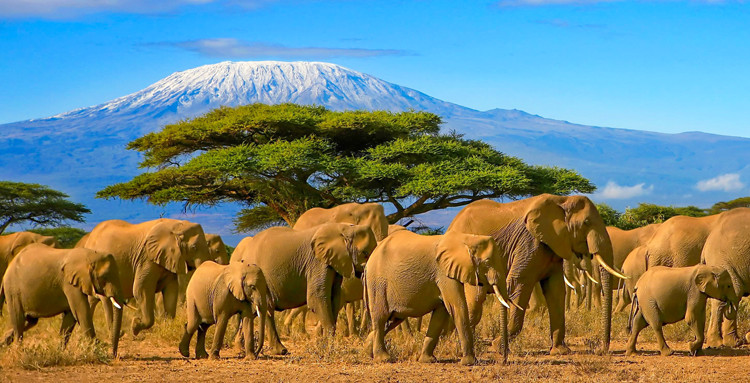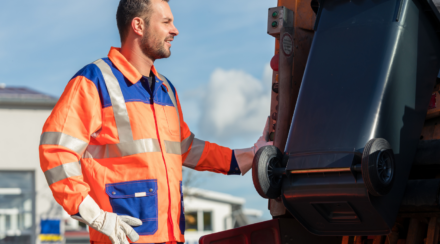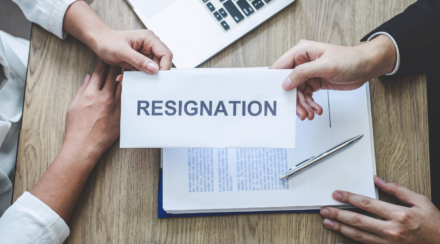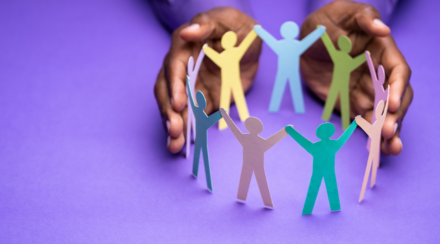Menu

The Kilimanjaro Mindset
Last year I climbed Mount Kilimanjaro with my friend and his teenage son who I knew well, and four others who we met for the first time at basecamp.
As a team of seven, we quickly discovered that we needed to work together and adapt our behaviours to deal with an environment the like of which none of us had experienced before.
What we did …
- We focused on the absolute fundamentals to get us up the mountain. In other words, those things that form the base of Maslow’s famous hierarchy of needs – food, water, shelter, and personal safety and wellbeing.
- We nurtured a positive, can-do, supportive mindset. We looked out for each other, shared our resources, and got comfortable with being uncomfortable.
- We constantly reminded ourselves of why we were doing this. We shared how success would look and feel for each of us as individuals.
- We learnt how to step back and be objective. We tried to appreciate the ‘new normal’ and that, in spite of constantly struggling to take in enough oxygen, life above the clouds meant a night sky shimmering with millions of stars, the shifting Milky Way, and the vivid colours of the world around us at the summit 6km above the African plains. It was a totally alien environment to all of us: tough, but worth every hard-won gasp of air.
- We made sure that we would all get back down safely and in good shape.
The biggest lesson was the last one:
In his 1961 speech to Congress Kennedy didn’t say the US should achieve the goal of “landing a man on the Moon”. The goal he set was “landing a man on the Moon and returning him safely to Earth.”
Halfway up the mountain our newly formed team realised that the goal wasn’t just to get to the summit.
It was to get to the summit and to get safely back down again – as a team.
I’m now applying this Kilimanjaro-mindset to the post-pandemic recovery of workplaces …
- Focus on the fundamentals – financials, customers, suppliers, and employees.
- Be positive and involve people. Acknowledge that things might be tough in the short term, but it’s necessary if we’re to succeed together. Stay future-focused and keep communicating why we’re on this journey.
- Create urgency through short term (daily / weekly) bite-size goals – and be sure to recognise and celebrate achieving them.
- Support those around you because most will be working outside of their comfort zones
- Don’t “stop” the stuff you’ll need to ensure future health and success – for example, avoid the temptation to pull-the-plug on the progressive people practices that supported an inclusive workplace pre-pandemic (see David Fairhurst ‘Drop D&I now and face talent shortages in future‘)
Kilimanjaro was tough, and I never want to experience the gnawing cold, leaden limbs, and breathlessness again.
But I don’t regret a single moment because I think it’s made me – and the team I shared the experience with – more resilient and adaptable.
And in the months ahead, I think the Kilimanjaro-mindset could do the same for your organisation.
Copyright OrgShakers: The global HR consultancy for workplace transformation founded by David Fairhurst in 2020



